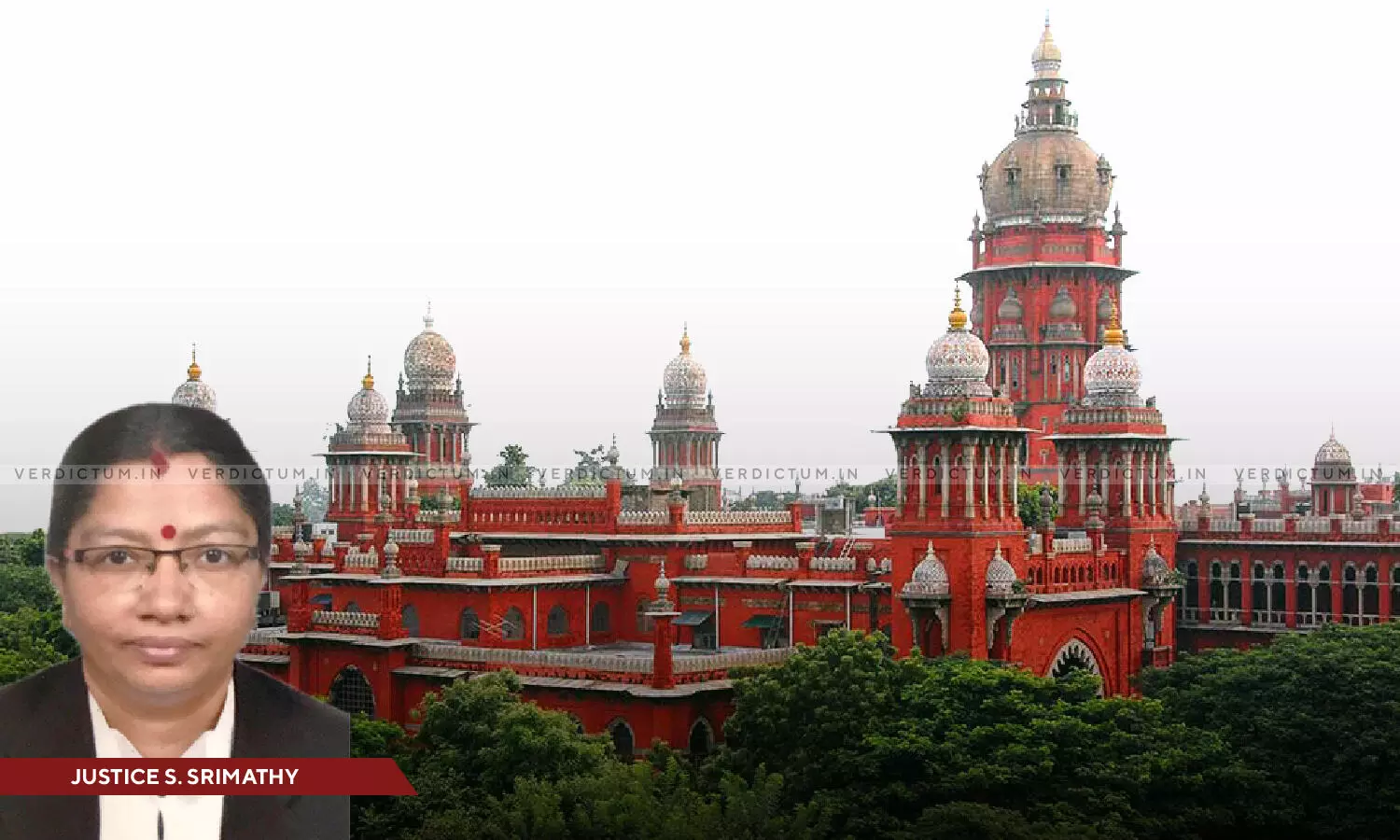
Madras High Court Orders Restoration Of Non-Entry Boards For Non-Hindus In Hill Temple Premises Maintaining Status Quo
 |
|The Madurai Bench of Madras High Court directed the State of Tamil Nadu to restore the boards indicating the non-entry of non-Hindus to the Hill Temple Premises and its Sub Temples and to maintain the status quo ante.
Justice S. Srimathy asked the respondents to file counter while the status quo ante was maintained while dealing with the writ petition wherein the petitioner sought a Mandamus order to direct the respondents to allow only Hindus entry to the Hill Temple Premises and its Sub Temples. The petitioner also sought the 3rd respondent to display boards at all entrances based on the petitioner's representation dated June 26, 2023.
Senior Advocate N. Anantha Padmananbhan appeared for Mr. RM. Arun Swaminathan, Advocate Veera Kathiravan (A.A.G) appeared for Respondent 1,2 and Advocate R. Baranidharan appeared for Respondent 3.
The petitioner's argument was based on the Tamil Nadu Entry Authorization Act, 1947, which was enacted to authorize entry and worship in Hindu temples in the state of Tamil Nadu by all classes of Hindus. The petitioner contended that this Act was specifically meant for Hindus, and non-Hindus should not be allowed entry. The petitioner's counsel pointed to Section 3 of the Act, which states that every Hindu, regardless of caste or sect, is entitled to enter and worship in Hindu temples.
The petitioner's counsel also cited Rules framed under the Tamil Nadu Temple Entry Authorization Act, as stated in G.O. (Ms) No. 164 Firka Development, dated March 23, 1948. These rules specify that certain classes of persons, including non-Hindus, those under pollution due to birth or death, women at prohibited times, and others, are not entitled to enter temples or use associated facilities.
The respondents' side, argued that the rights of other persons are protected under Articles 13 and 15 of the Indian Constitution, particularly under clause 15(1). They objected to granting interim orders, asserting that the situation doesn't warrant it, and requested time to file a counter.
The petitioner countered the respondents' objections by pointing out that Article 15(2) of the Constitution does not include temples, indicating that temples cannot be used as recreational spaces. The petitioner also highlights that there was a practice of displaying boards in temples to indicate that non-Hindus were not allowed in the premises, and questions why these boards were removed.
In response to these arguments, the Court said, “this Court is inclined to grant interim status quo ante. The respondents are directed to restore the Board and maintain status quo ante. In the meanwhile, the respondents are directed to file counter.”
Cause Title: Senthilkumar. D v. Government of Tamil Nadu & Ors.
Click here to read/download Order